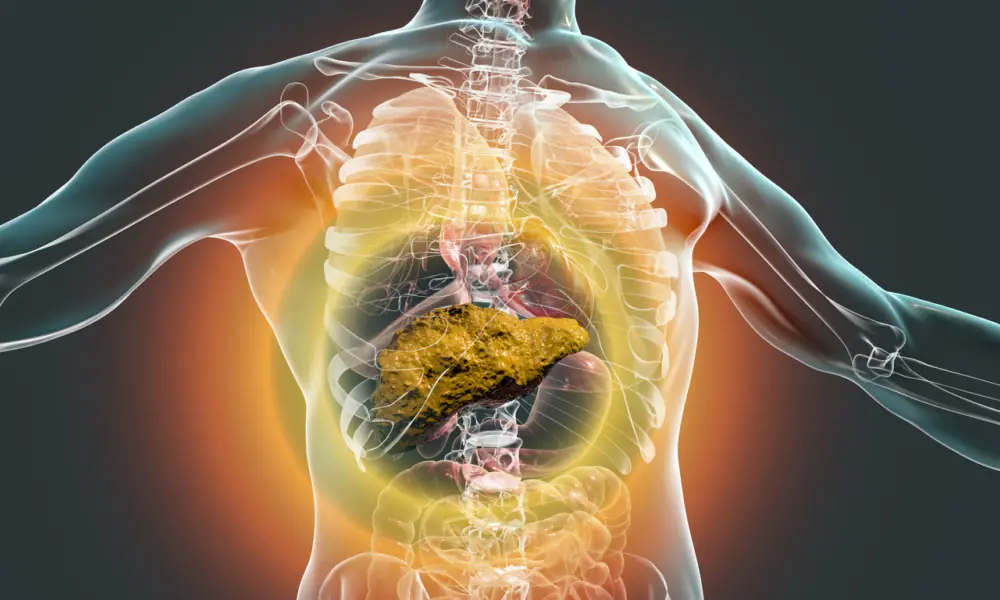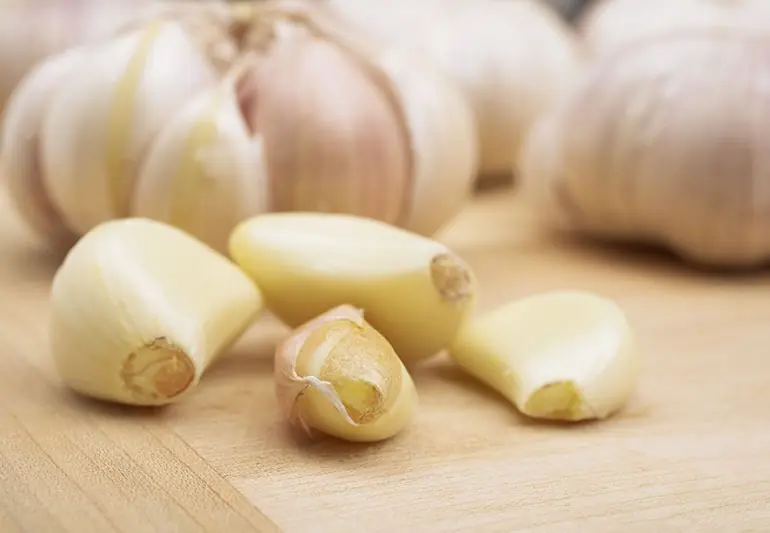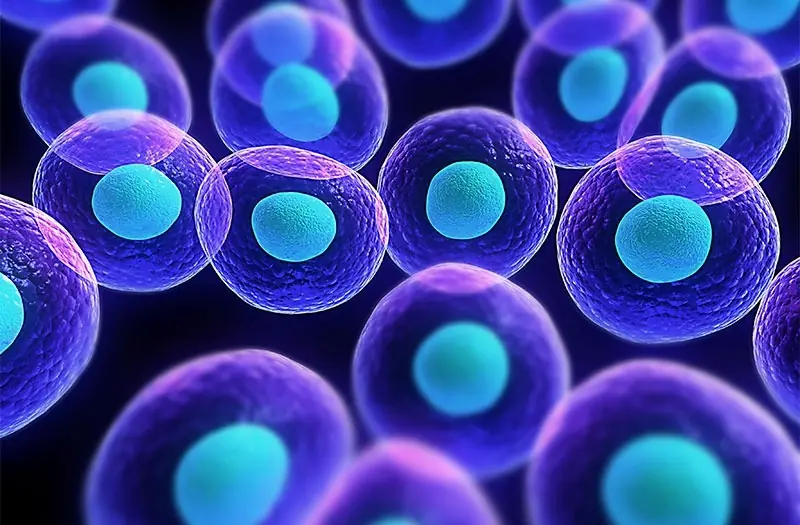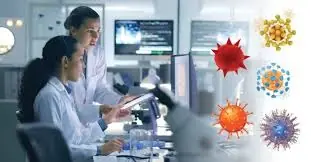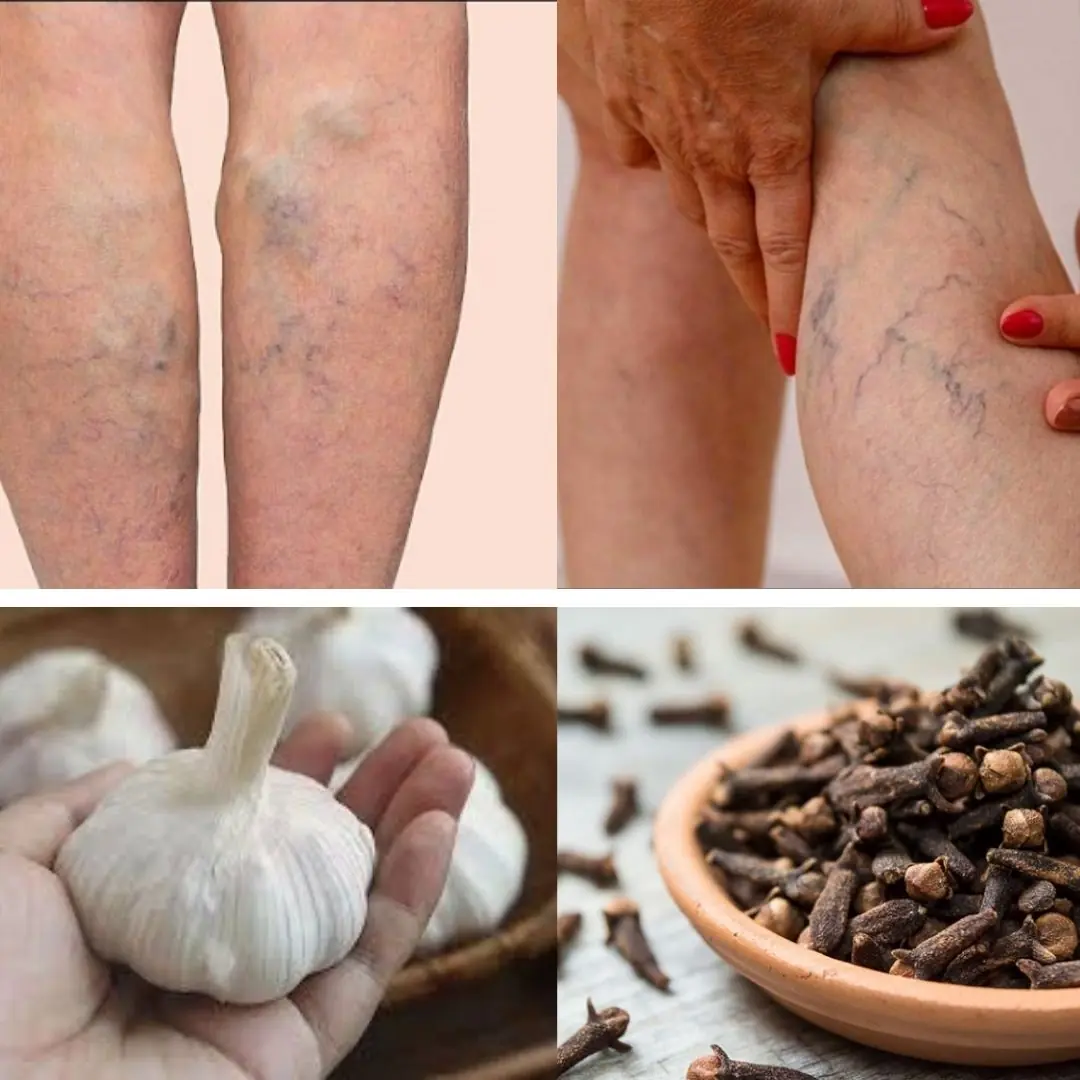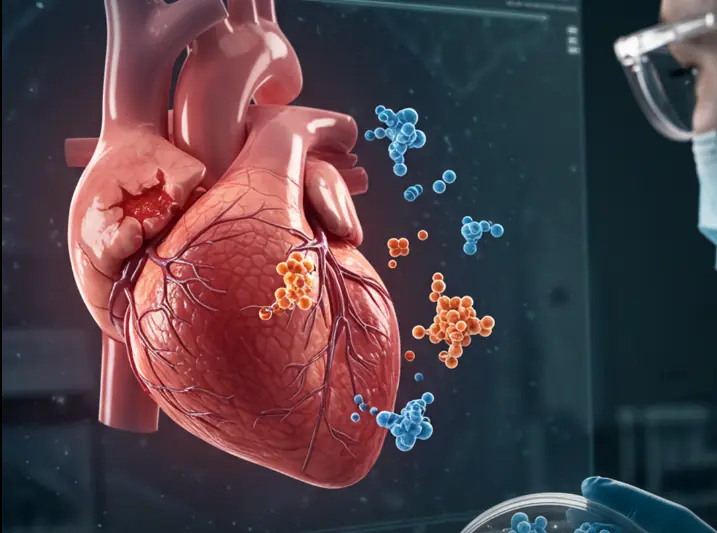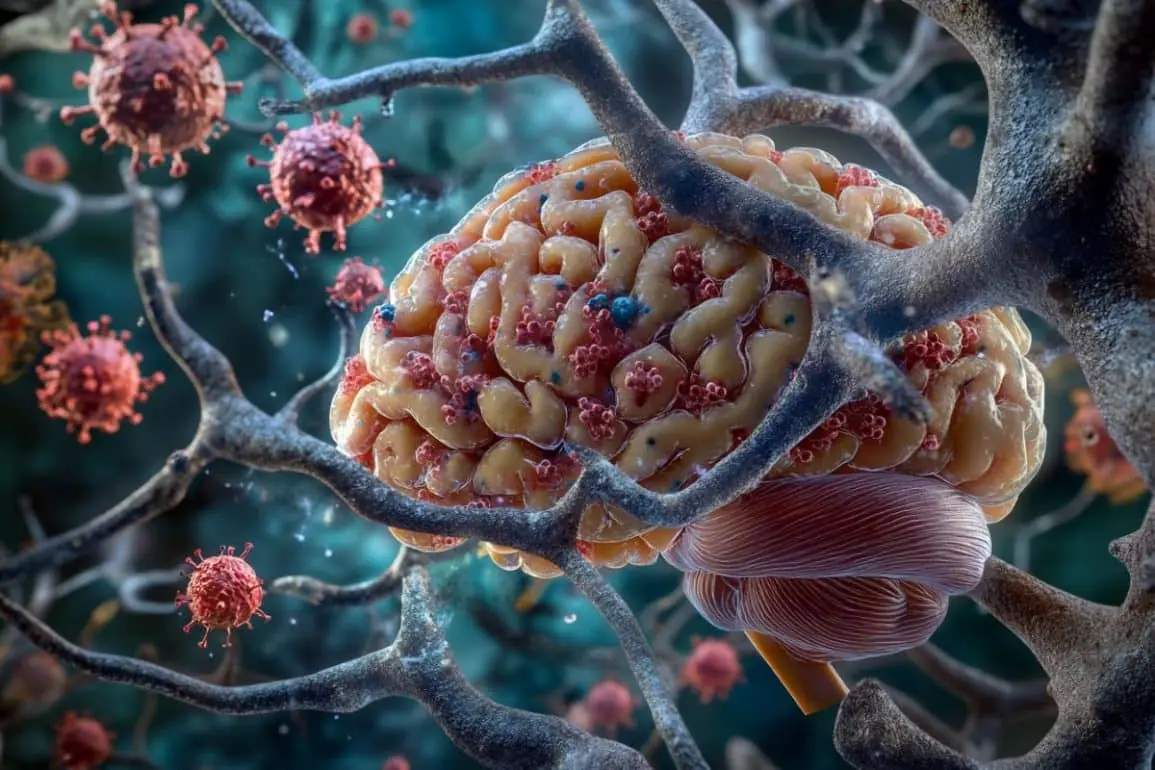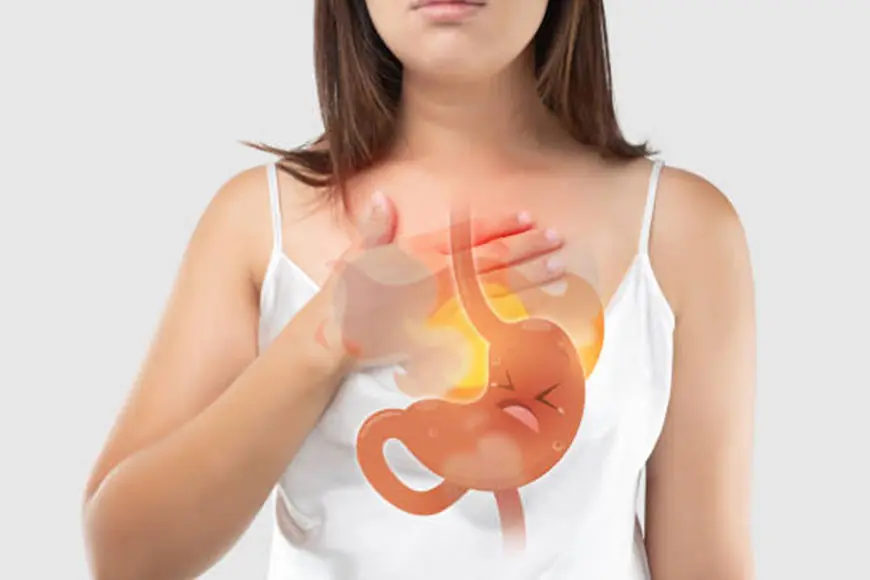
In today’s world, where modern agriculture is increasingly reliant on chemical interventions, choosing organic vegetables has evolved from a mere lifestyle preference to an essential step in protecting your health. The use of pesticides in industrial farming is a growing concern, and it is vital to understand the impact it has not only on the environment but also on human health.
Pesticides: The Vicious Cycle of Industrial Farming
The video starts by addressing the troubling rise in pesticide use within agriculture. As pests continue to evolve resistance to chemicals, farmers are compelled to apply higher concentrations or resort to using a combination of different chemical agents. This leads to several detrimental effects:
-
Degraded soil quality – Overuse of chemicals harms soil health, which is essential for sustainable farming.
-
Weaker crops – Chemicals disrupt plant resilience, making crops more vulnerable to pests and diseases.
-
Increased chemical dependency – The cycle of using more chemicals increases dependence on pesticides, making the problem worse over time.
In the end, this vicious cycle not only depletes the environment but also leaves consumers at risk by exposing them to harmful pesticide residues that remain in everyday food.
Serious Health Risks: From Memory Loss to Cancer
The video highlights the alarming connection between pesticide exposure and various serious health risks, including:
-
Chronic headaches and memory impairment – Long-term exposure to pesticides can have detrimental effects on cognitive function.
-
Hormonal imbalances and infertility – Chemicals can interfere with the body’s endocrine system, leading to hormone-related issues.
-
Neurological disorders – Pesticides have been linked to conditions such as Parkinson’s disease and other nervous system disorders.
-
Increased cancer risk – Some pesticides are known carcinogens, significantly raising the risk of developing certain types of cancer.
What is particularly concerning is the nature of many pesticides, which are fat-soluble. This means they accumulate in the body’s fat tissues over time and cannot be easily removed through conventional washing.
Testing Limitations: What Science Isn’t Catching
Current testing methods often fail to capture the full scope of pesticide exposure risks. Most tests evaluate individual pesticides in isolation, neglecting the combined effects of long-term exposure to multiple chemicals. This leads to an underestimation of the actual health risks that consumers face when consuming conventionally grown produce.
Top 10 Vegetables to Always Buy Organic
Given the varying levels of pesticide residues, the video recommends that consumers prioritize buying organic versions of the following vegetables whenever possible:
-
Spinach
-
Kale, collard greens, mustard greens
-
Bell peppers and hot peppers
-
Green beans
-
Tomatoes
-
Celery
-
Lettuce
-
Cucumbers
-
Broccoli
-
Items from the “Dirty Dozen” list
These vegetables tend to have the highest levels of pesticide residue, making them more important to purchase organic.
The Dirty Dozen & Clean Fifteen: A Shopper’s Guide
The video also refers to the annual reports from the Environmental Working Group (EWG), which provide valuable insights for shoppers:
-
The Dirty Dozen – A list of 12 fruits and vegetables with the highest pesticide residues, which should be purchased organic whenever possible.
-
The Clean Fifteen – A list of 15 fruits and vegetables with the lowest pesticide residues, which are generally safer to buy conventionally grown.
These two lists are practical tools that help consumers make safer and more informed food choices, without overspending.
How to Spot Organic Produce: PLU Codes Explained
A practical tip shared in the video involves understanding PLU (Price Look-Up) codes, which are commonly found on produce labels:
-
Codes starting with 9 = Organic
-
Codes starting with 8 = Genetically modified (GMO)
-
4-digit codes = Conventionally grown
This simple code system can help you make more informed decisions when shopping for produce.
Healthy Body, Healthy Detox: The Role of Lifestyle
In conclusion, the video emphasizes that a healthy lifestyle plays a critical role in supporting the body’s natural detoxification processes. Key recommendations for supporting overall health and reducing toxic buildup include:
-
Getting enough sleep – Sleep is essential for the body to repair and detoxify.
-
Engaging in regular physical activity – Exercise promotes circulation and helps eliminate toxins.
-
Reducing stress – Chronic stress can impair the body’s detoxification abilities.
-
Choosing minimally processed, whole foods – Whole foods are naturally rich in nutrients and contribute to a healthier body overall.
By adopting these lifestyle changes, individuals can help their bodies manage toxins more effectively and reduce their reliance on external detox methods.
In summary, the video underscores the importance of selecting organic produce to minimize the health risks associated with pesticides. It highlights how a combination of informed food choices and a healthy lifestyle can contribute to a cleaner, safer, and more sustainable approach to eating.





